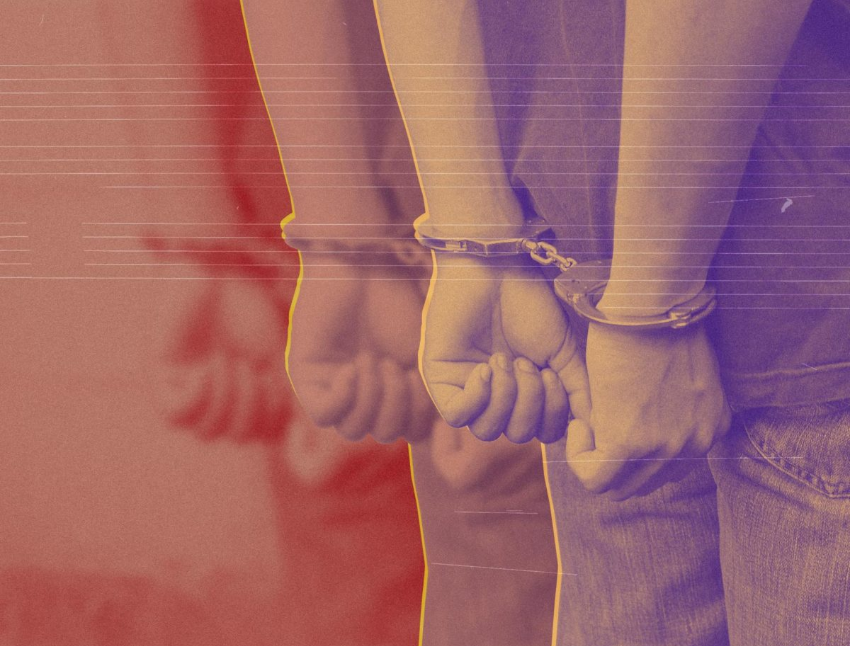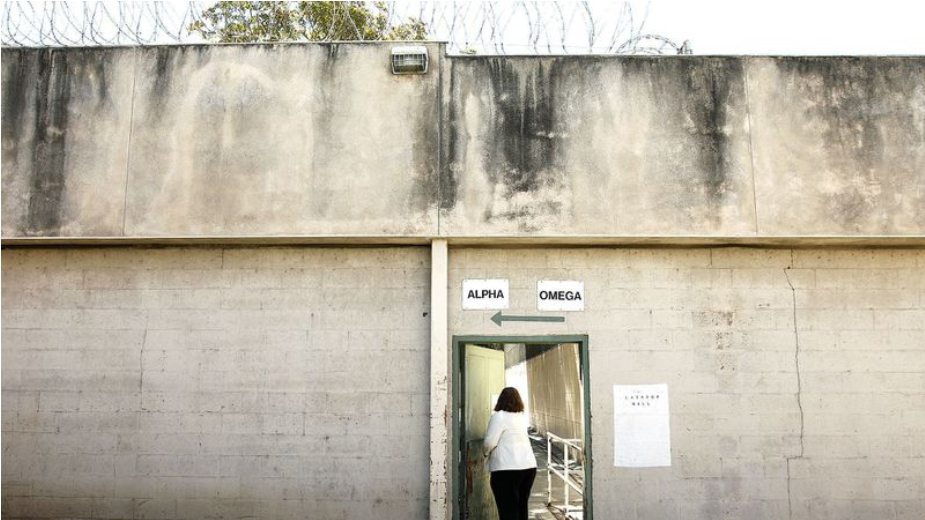All in Ideas and Opinions
Can authorities ever wean themselves from the revenue produced by forcing Americans caught up in the justice system to pay fines and fees that trap them in an endless cycle of debt?
ATLANTA — Douglas County Juvenile Court Judge Peggy Walker said she has seen it time and time again. A child repeatedly visiting her bench throughout their life — from child court to adolescent court to adult court — because they weren’t given the support they needed as a toddler.
A prevailing theme at a Saturday Cap Times Idea Fest panel on juvenile justice in Wisconsin was the distinction between reform and transformation.
The Daily Appeal spoke with Commissioner Brodkin, a longtime advocate for children and young people in San Francisco, about her decision to stay overnight in the juvenile hall, what she learned from it, and why it mattered.
The third Democratic presidential debate is scheduled for Thursday, but criminal justice reform—specifically policy that transforms our youth justice system—still isn't getting enough play on the main stage.
Slowly, state legislators and advocates are pushing legal reforms and diversionary programs that reflect the understanding that kids shouldn’t face a lifetime of consequences for decisions they made while their brains were still developing. Overall, the number of girls and boys in the juvenile justice system is decreasing. But even though girls make up less than a third of the nation’s roughly 800,000 juvenile arrests each year, they are the fastest-growing share of these arrests.
In March, Gov. Mike Parson ordered the creation of a task force to recommend ways to enhance safety within Missouri’s K-12 schools. Member Paul Fennewald, a former FBI agent and state Homeland Security Director, says the group took a multi-faceted approach, including recommending the integration of school-based mental health services and healthcare. The report says teachers and administrators are often pressed into serving as mental health caretakers when one is not available.
Over the past several decades, researchers have studied and debated the complex pathway between school truancy, delinquency and involvement with the adult criminal justice system. While there is no direct link between school truancy and criminal behaviors, truancy is often a symptom of complex issues including concerns around violence, mental health, substance use in the home, and homelessness, in addition to other difficulties that are not easily addressed.
A compromise between Charleston city officials, Charleston County and the county school district will soon bring law enforcement officers into the city’s elementary schools on a full-time basis. It’s a distressingly necessary decision in an era of once-unthinkable school shootings.
If the Los Angeles County Probation Department did not exist today, no one would re-create it — at least, not as it is.
There are too many cases like Nigel Shelby, and not enough like Zion Wade.
At Los Angeles County’s Central Juvenile Hall, the largest of the county’s three juvenile halls, 93 percent of its youth residents have open mental health cases.
At Barry J. Nidorf Juvenile Hall in Sylmar, CA, the percentage of kids with open mental health cases is at 96 percent, according to the most recent report submitted to the board of LA County Supervisors in late April by Jonathan Sharin, MD, the head of the county’s Department of Mental Health.
As The Times recently reported, the Probation Department’s halls and camps housing juvenile offenders are in such disarray that large numbers of staffers don’t report for work out of fear. Those who do show up often have to work double shifts, which leads to exhaustion. Riots by detained youths, previously a rarity, now occur with regularity.
Black girls are being criminalized at alarming rates. Experts say there are ways to make sure that doesn't happen.
Over the past decade or so, our county and our state have been in the forefront of a national movement to rethink what “juvenile justice” is. This movement is based on recent research on brain development, and how it is impaired by childhood traumatic experiences such as domestic violence, abuse, neglect, and poverty. It’s also based on evidence about what kinds of programs and services really help kids overcome adversity and develop the skills they need to lead meaningful, satisfying, and law-abiding lives.
Schopen teaches at a juvenile detention center for children serving time for committing felony crimes — assault, burglary, murder, manslaughter, arson. Four out of five students have mental-health or substance-abuse issues and struggle to control their emotions. About half have learning disabilities and are many grade levels behind. It’s hard to imagine a more difficult place to teach.
J. Wesley St. Clair has been a prosecutor, a defense attorney and a judge. His last eight years on the bench were in juvenile court.
Judge St. Clair is retiring, and we wanted to hear his thoughts on juvenile justice in King County. Here's what he said.
“It's not like those young people don't need something. They just don't need a probation officer. They don't need searches and monitors and surveillance. They need adults in the community who care about them to engage them.”
Students were teaching adults this week as Memphis student advocates shared their recommendations on how to reduce out-of-school suspensions and expulsions.
Six students at G.W. Carver College and Career Academy, an alternative school, worked for months on suggestions for Shelby County Schools leaders that they believe will lead to safer schools, more engaged students and more academic success.
A recent report states that car thefts have been steadlity increasing in smaller towns while decreasing in larger cities. The crimes are being committed primarily by juveniles who simply open the car doors and drive off with the car's key fob inside.




















